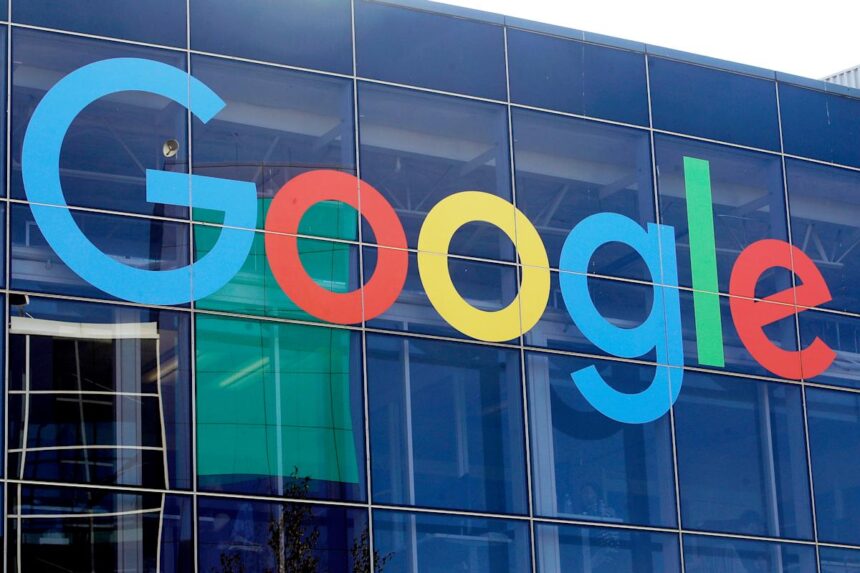Google is preparing for a significant legal challenge as it faces a trial concerning its digital advertising practices. Set to commence in federal court in Alexandria, Virginia, the trial is a response to findings by U.S. District Judge Leonie Brinkema, who has indicated that portions of Google’s digital advertising technology represent an illegal monopoly. Her previous ruling emphasized that Google’s actions have hindered competition, severely impacting online publishers reliant on its ad systems for revenue.
This remedy trial will unfold over the next two weeks, where both Google and the U.S. Justice Department will present their cases. The primary objective is to determine how to restore competitive market conditions. However, a definitive ruling from Judge Brinkema isn’t anticipated until late this year, owing to expected delays from additional legal briefs and courtroom arguments extending into November.
Regardless of the court’s decision, Google has expressed intentions to appeal Brinkema’s monopoly designation once the remedy phase is concluded. This trial builds upon a broader legal landscape concerning Google, emerging under the Biden administration’s oversight. The Justice Department’s actions could significantly disrupt the extensive framework Google has developed over nearly two decades to dominate the digital advertising sector, which generates the majority of the $305 billion in revenue for its parent company, Alphabet Inc.
If the Justice Department prevails, Brinkema might order Google to divest certain aspects of its advertising technology, a move that Google’s legal team argues could result in unintended consequences for consumers and the broader internet ecosystem. The Justice Department’s perspective is that a structural breakup would be an effective way to dismantle what they view as a long-standing monopoly that has hindered competition and innovation.
In contrast, Google maintains that it has already enacted sufficient reforms within its “Ad Manager” system by enhancing options and pricing scalability, addressing the concerns raised by Brinkema regarding its monopoly status.
This legal action closely parallels another recent confrontation for Google, wherein a different federal judge ruled against its dominance in the search engine market. In that instance, the Justice Department suggested a more drastic reform – the potential sale of Google’s popular Chrome browser. However, U.S. District Judge Amit Mehta ultimately decided that a less severe intervention would suffice, particularly as the search landscape is being transformed by advances in artificial intelligence.
Despite not agreeing with every facet of Mehta’s resolution, Google’s stock performance has been robust, experiencing a 20% rise since the ruling, propelling Alphabet’s market valuation beyond $3 trillion. This financial success underscores a growing belief among investors that the company can weather regulatory scrutiny and continue to thrive.
As the upcoming trial approaches, Brinkema has requested both parties to reference Mehta’s findings, indicating the potential impact of that ruling on the current proceedings. Google’s legal representatives argue that shifts in technology, particularly with AI being adopted by competitors like Meta Platforms, are reshaping the digital advertising market and might negate the necessity for the Justice Department’s aggressive proposals.
This complex and evolving case highlights the ongoing tensions between regulatory efforts to curb perceived monopolistic practices and the technological innovations that are rapidly transforming the digital landscape.







